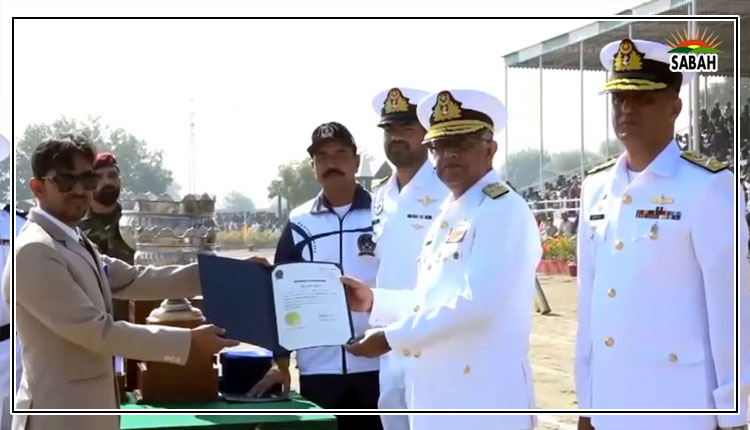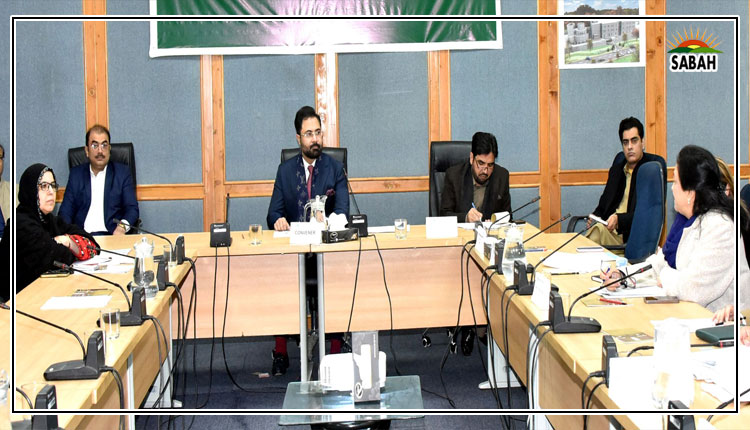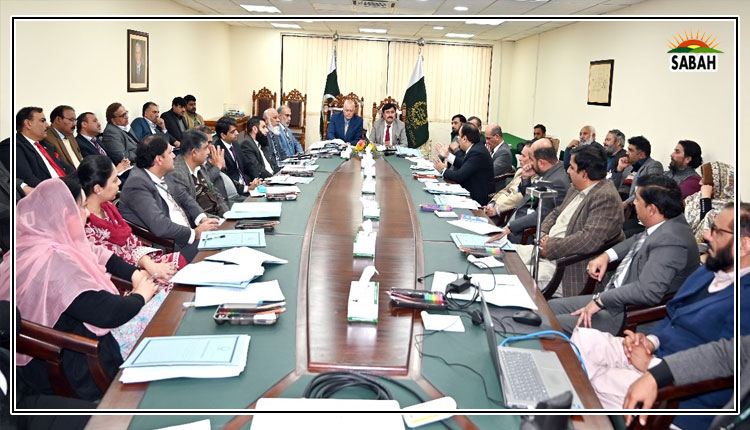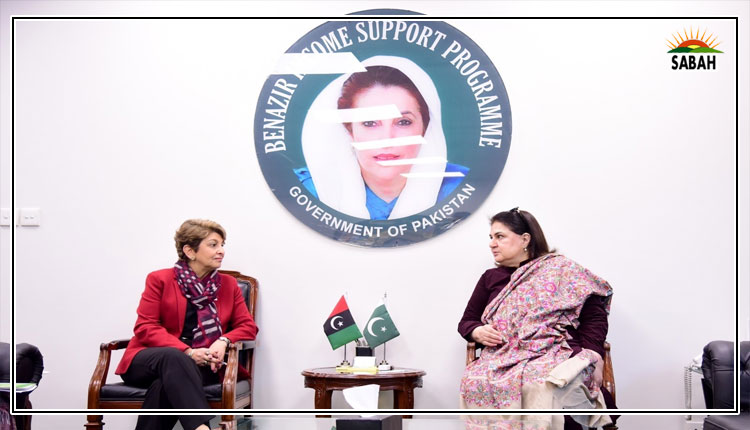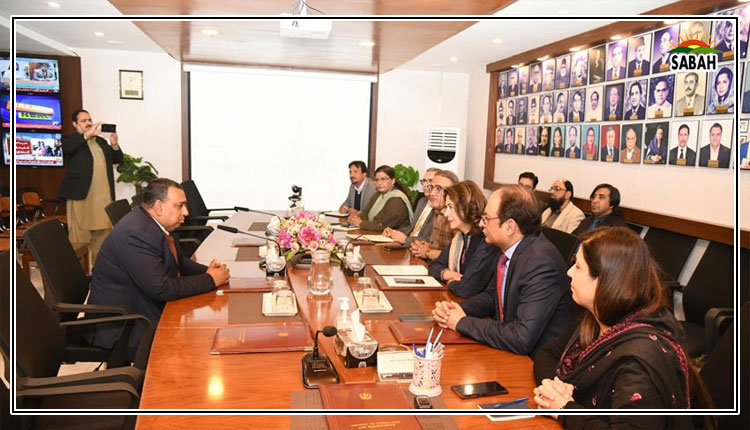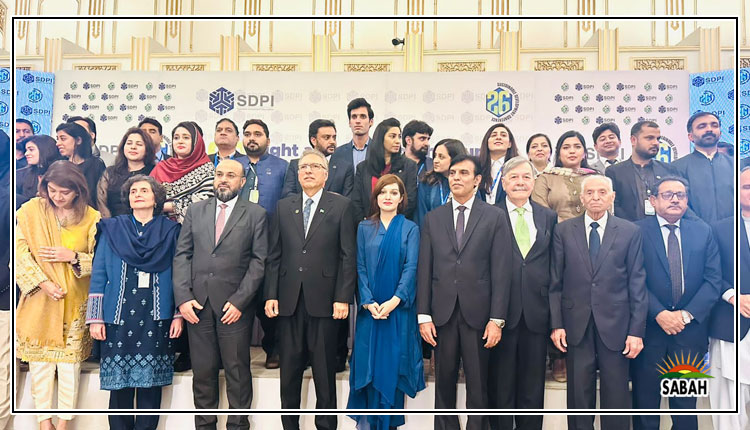Mushaal Mullick stresses the need for empowering women & enhancing their role in decision making & policy formulation
ISLAMABAD, Nov 21 (SABAH): Special Assistant to Prime Minister (SAPM) on Human Rights and Women Empowerment Mushaal Hussein Mullick stressed the need for empowering women and enhancing their role in decision making and policy formulation because the dream of true progress and development could not be materialized without the empowerment of half of the global population.
Mushaal Mullick made these remarks in her speech at 26TH Sustainable Development Conference (SDC) hosted by the esteemed Sustainable Development Policy Institute (SDPI) titled “Light at the End of the Tunnel: Hope in time of Despair”. She expressed optimism that this flagship annual conference would serve as a beacon of collaboration, where diverse minds converge to explore innovative solutions, share invaluable insights, and forge partnerships that would shape the trajectory of sustainable development.
Mushaal Mullick pointed out that today, we stand at a pivotal moment in history where the choices we make can shape the future of our world. “It is not a mere coincidence that sustainable development and women’s rights are intertwined, for true progress cannot be achieved without the empowerment of half of our global population,” she added. However, the SAPM on Human Rights and Women Empowerment stressed that in the pursuit of the sustainable development, they must recognize that women were not just beneficiaries but catalysts for change. “Their empowerment is not a choice; it is a necessity. As we look towards the future, fostering partnerships becomes the cornerstone of our efforts,” she maintained.
Mushaal Mullick went on to say that partnerships that transcend borders, ideologies, and sectors were the driving force behind sustainable development, suggesting that governments, non-profits, businesses, and individuals must come together, pooling resources and expertise to address the multifaceted challenges that hindered progress. “When we specifically talk about women’s rights, these partnerships become even more critical. It’s not just about giving women a seat at the table; it’s about ensuring they have an equal voice, equal opportunities, and equal representation,” she added. The SAPM on Human Rights and Women Empowerment underlined that it was about dismantling the barriers that had held back generations and stifled the potential of half of humanity. “Education and empowering women is an investment in the sustainable development of communities and nations. It is a catalyst for economic growth, social progress, and environmental sustainability. No society can claim true development if it leaves its women behind,” she added.
Mushaal Mullick urged that it was high time they should forge partnerships that go beyond rhetoric – a collaboration that translated into meaningful action, support initiatives that educate girls, provide economic opportunities for women, and challenge societal norms that perpetuate gender inequality. She made it clear that the path to sustainable development and gender equality was one they must walk together. However, Mushaal noted that it required a collective effort, a shared commitment to fostering partnerships that would not only uplift women but uplift humanity as a whole. “As we embark on this journey, let us be guided by the understanding that empowering women is not just a goal; it is the very foundation upon which a sustainable and equitable future stands,” she concluded.



